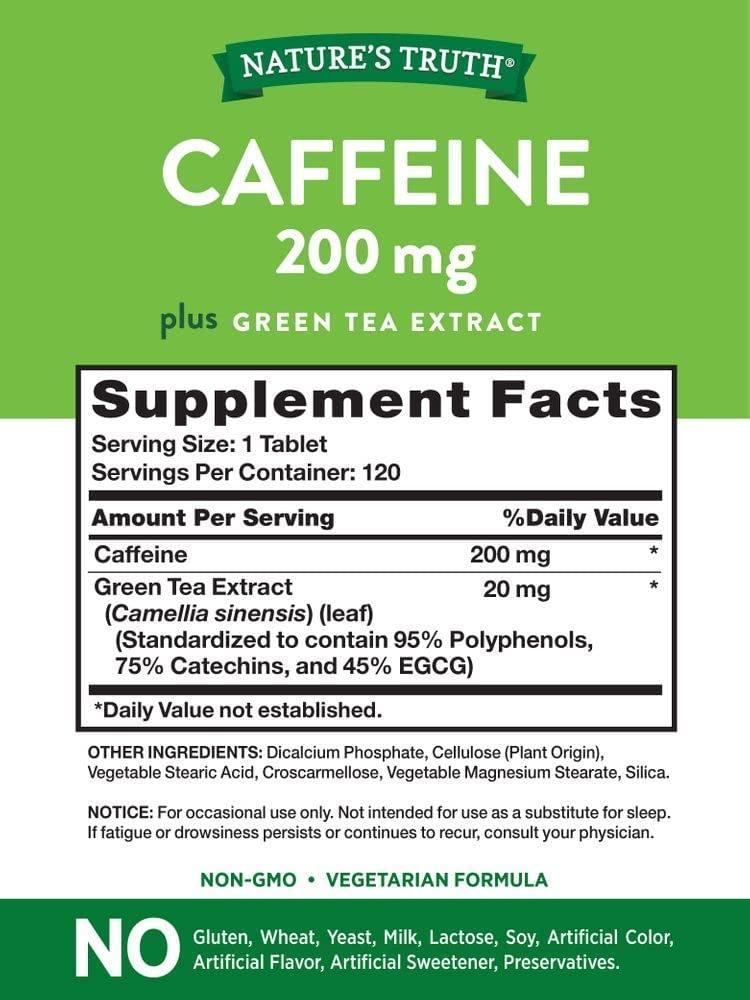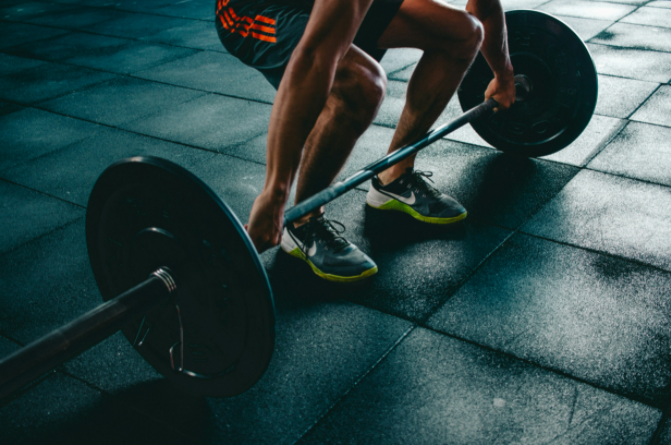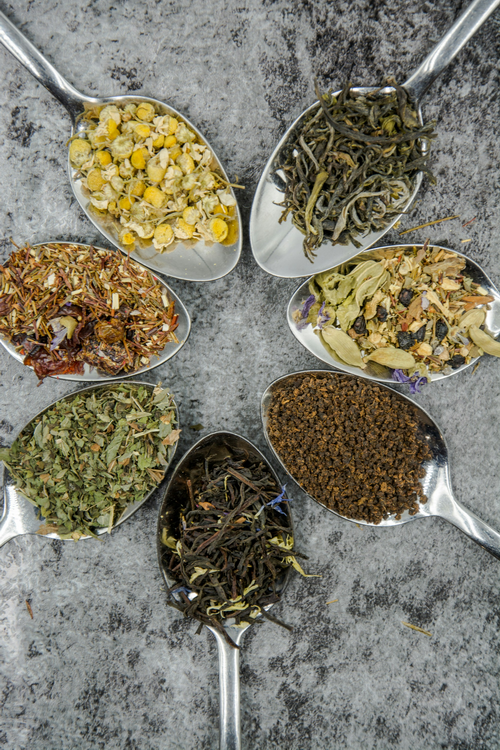Content Menu
● Understanding Green Tea and Its Extract
● Caffeine Content in Green Tea Extract
● Comparing Caffeine Levels
● Benefits of Caffeine in Green Tea Extract
● Potential Concerns and Considerations
● Decaffeinated Green Tea Extract
● How to Choose and Use Green Tea Extract
● Incorporating Green Tea Extract into Your Routine
● Conclusion
Green tea has been consumed for centuries, revered for its potential health benefits and refreshing taste. In recent years, green tea extract has gained popularity as a concentrated form of green tea's beneficial compounds. One question that often arises when discussing green tea extract is whether it contains caffeine. To answer this question and explore the topic in depth, we need to delve into the world of green tea, its extraction process, and the role of caffeine in this beloved beverage.
Understanding Green Tea and Its Extract
Green tea is made from the leaves of the Camellia sinensis plant, the same plant used to produce black tea, oolong tea, and white tea. The difference lies in the processing methods. Green tea leaves are minimally oxidized, which helps preserve their natural compounds, including caffeine and various antioxidants.
Green tea extract is a concentrated form of green tea, typically made by steeping green tea leaves in hot water or alcohol and then removing the liquid to create a powder or liquid extract. This process concentrates the beneficial compounds found in green tea, including caffeine and catechins, which are powerful antioxidants.

Caffeine Content in Green Tea Extract
To answer the main question: Yes, green tea extract typically does contain caffeine. However, the amount of caffeine can vary significantly depending on several factors:
1. Source of the Extract: The caffeine content in green tea extract largely depends on the caffeine levels in the original green tea leaves used to make the extract. Factors such as the variety of tea plant, growing conditions, and harvesting time can all influence the caffeine content.
2. Extraction Method: Different extraction methods can result in varying levels of caffeine concentration. Some processes may be designed to maximize caffeine extraction, while others might focus more on preserving other compounds like catechins.
3. Concentration Level: The degree to which the extract is concentrated will directly affect its caffeine content. A more concentrated extract will naturally contain more caffeine per unit of volume or weight.
4. Decaffeination: Some green tea extracts are specifically processed to remove caffeine, resulting in decaffeinated versions. However, it's important to note that even decaffeinated green tea extract may contain trace amounts of caffeine.
Comparing Caffeine Levels
To put the caffeine content of green tea extract into perspective, it's helpful to compare it with other common sources of caffeine:
Coffee: A typical 8-ounce cup of coffee contains about 95-200 mg of caffeine. Black Tea: An 8-ounce serving of black tea usually contains 14-70 mg of caffeine. Green Tea (brewed): An 8-ounce cup of brewed green tea typically contains 24-40 mg of caffeine. Green Tea Extract: The caffeine content in green tea extract can vary widely, ranging from very low amounts in decaffeinated versions to higher concentrations in some supplements.
It's important to note that green tea extract is often consumed in smaller quantities than brewed tea, so the overall caffeine intake may be lower despite the higher concentration.

Benefits of Caffeine in Green Tea Extract
While the presence of caffeine in green tea extract might be a concern for some, it's worth noting that caffeine, when consumed in moderation, can offer several potential benefits:
1. Enhanced Alertness and Focus: Caffeine is well-known for its ability to improve mental alertness and concentration. The caffeine in green tea extract can provide a gentle boost to cognitive function without the jittery effects often associated with coffee.
2. Increased Metabolism: Caffeine has been shown to have a thermogenic effect, meaning it can slightly increase the body's metabolic rate. This property, combined with the catechins in green tea extract, may contribute to its potential benefits for weight management.
3. Athletic Performance: Some studies suggest that the caffeine in green tea extract may enhance physical performance by increasing endurance and reducing perceived exertion during exercise.
4. Antioxidant Synergy: The caffeine in green tea extract works synergistically with other compounds, particularly catechins like EGCG (Epigallocatechin gallate), to enhance the overall antioxidant activity of the extract.

Potential Concerns and Considerations
While the caffeine in green tea extract can offer benefits, it's important to be aware of potential concerns:
1. Sensitivity to Caffeine: Some individuals may be more sensitive to caffeine and could experience side effects such as jitteriness, anxiety, or sleep disturbances, especially if consuming large amounts of green tea extract.
2. Interactions with Medications: Caffeine can interact with certain medications. It's always advisable to consult with a healthcare professional before adding green tea extract to your regimen, especially if you're taking medications.
3. Pregnancy and Breastfeeding: Pregnant and breastfeeding women are often advised to limit caffeine intake, which includes caffeine from green tea extract.
4. Overconsumption: Due to the concentrated nature of green tea extract, it's possible to consume more caffeine than intended. Always follow recommended dosages and be aware of your total caffeine intake from all sources.
Decaffeinated Green Tea Extract
For those who are sensitive to caffeine or wish to avoid it altogether, decaffeinated green tea extract is available. The decaffeination process removes most of the caffeine while preserving many of the beneficial compounds found in green tea. However, it's important to note that decaffeination may also remove some of the beneficial catechins, potentially altering the overall health benefits of the extract.
Decaffeinated green tea extract is produced through various methods:
1. Water Processing: This method uses hot water to extract caffeine from the tea leaves. While effective, it can also remove some of the beneficial compounds.
2. Carbon Dioxide Method: This process uses pressurized carbon dioxide to remove caffeine. It's considered one of the gentler methods, preserving more of the tea's natural compounds.
3. Ethyl Acetate Method: This chemical process uses ethyl acetate to remove caffeine. While effective, some people prefer natural decaffeination methods.
It's worth noting that even decaffeinated green tea extract may contain trace amounts of caffeine, typically less than 2.5% of the original caffeine content.

How to Choose and Use Green Tea Extract
When selecting a green tea extract, consider the following factors:
1. Caffeine Content: Look for products that clearly state their caffeine content. If you're sensitive to caffeine, opt for decaffeinated versions.
2. Standardization: Choose extracts that are standardized for their EGCG content, as this ensures a consistent level of this beneficial compound.
3. Quality and Purity: Select products from reputable manufacturers that undergo third-party testing for quality and purity.
4. Form: Green tea extract is available in various forms, including capsules, liquid extracts, and powders. Choose the form that best fits your lifestyle and preferences.
5. Dosage: Follow the recommended dosage on the product label or as advised by a healthcare professional. Remember that more is not always better, especially when it comes to concentrated extracts.

Incorporating Green Tea Extract into Your Routine
Green tea extract can be incorporated into your daily routine in several ways:
1. As a Supplement: Take green tea extract capsules or liquid as directed, typically with meals.
2. In Beverages: Add green tea extract powder to smoothies, juices, or water for an antioxidant boost.
3. In Cooking: Some people use green tea extract in cooking or baking to add a subtle flavor and potential health benefits to their dishes.
4. Topically: Some skincare products incorporate green tea extract for its potential antioxidant benefits when applied to the skin.
5. Remember to start with small amounts and gradually increase to assess your tolerance, especially if you're sensitive to caffeine.
Conclusion
In conclusion, green tea extract typically does contain caffeine, although the amount can vary significantly depending on factors such as the source of the tea, extraction method, and concentration. The presence of caffeine in green tea extract contributes to many of its potential benefits, including enhanced cognitive function, increased metabolism, and improved athletic performance.
However, it's important to be mindful of caffeine intake, especially for those who are sensitive to its effects or have certain health conditions. Decaffeinated options are available for those who wish to enjoy the potential benefits of green tea extract without the stimulating effects of caffeine.
As with any supplement, it's crucial to choose high-quality products and use them as directed. Consulting with a healthcare professional before adding green tea extract to your regimen can help ensure it's appropriate for your individual health needs and goals.
Whether you're looking for a natural energy boost, seeking potential weight management support, or simply interested in the antioxidant properties of green tea, understanding the role of caffeine in green tea extract can help you make informed decisions about its use in your health and wellness routine.
































